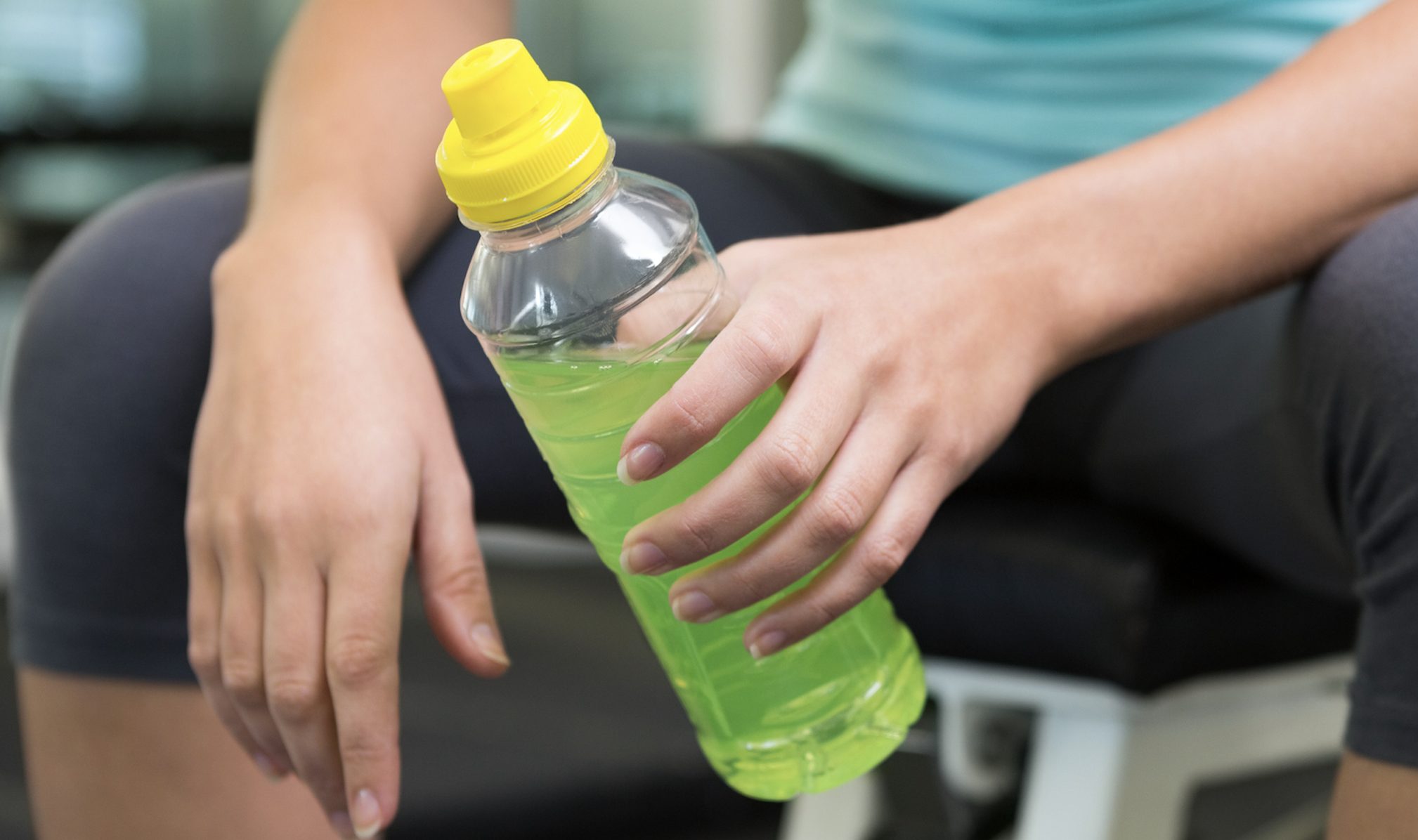Harmful effects of consuming energy drinks
Read on to know more about the harmful effects of consuming energy drinks.
;Resize,width=742;)
Energy drinks may be a quick way to nourish yourself with a concentrated amount of nutrients but it is also extremely high in caffeine as well. Since recent, there have been many incidents where people have not taken to these drinks very nicely. Read on to know more about the harmful effects of consuming energy drinks.
People enjoy energy drinks not only for their taste but also for the high quantity of caffeine, vitamins, and minerals that can boost your energy level as nothing else can. Most of these drinks work as a stimulant that improves performance and energy levels. Read on to know about the risks associated with energy drinks.

Most of the risks associated with these drinks are based on their high caffeine content. If caffeine is consumed in excess it can lead to high blood pressure, heart palpitations, convulsions, nausea, and in extreme case, even death.
The high amount of caffeine, if consumed for a long time, can lead to insulin sensitivity putting energy drink lovers at risk of type 2 diabetes.
Energy drinks are also associated with some less serious complications such as restlessness, insomnia, irritability, stomach upset, and nervousness. It can also lead to miscarriages, stillbirth, and low birth weight. So, energy drink should be completely avoided by pregnant women.

These drinks are also high in sugar, which could lead to poor dental health, obesity, hyperactivity (especially in adolescents and children), neurological, and cardiovascular problems.
However, there are not many studies supporting the effect of the energy drink consumption and more research and scientific data is required to update the new age energy drinkers. So, the safest option would be to cut back on the intake of these caffeinated energy drinks. You may consider consuming these energy drinks in similar quantity as of the caffeine intake that you would consume from your regular cups of coffee.

According to the mayo clinic, 400mg of caffeine intake each day is considered safe for most adults that is equivalent to 4 cups of coffee or 10 cans of soda or 2 energy drinks. For adolescents, the caffeine intake is restricted to 100mg per day, while, no amount of caffeine should be consumed by children at all.
Apart from this, you should stick to a healthy and balanced diet while monitoring your sugar and calorie intake to stay in good health.
;Resize,width=767;)
;Resize,width=712;)
;Resize,width=712;)
;Resize,width=712;)
